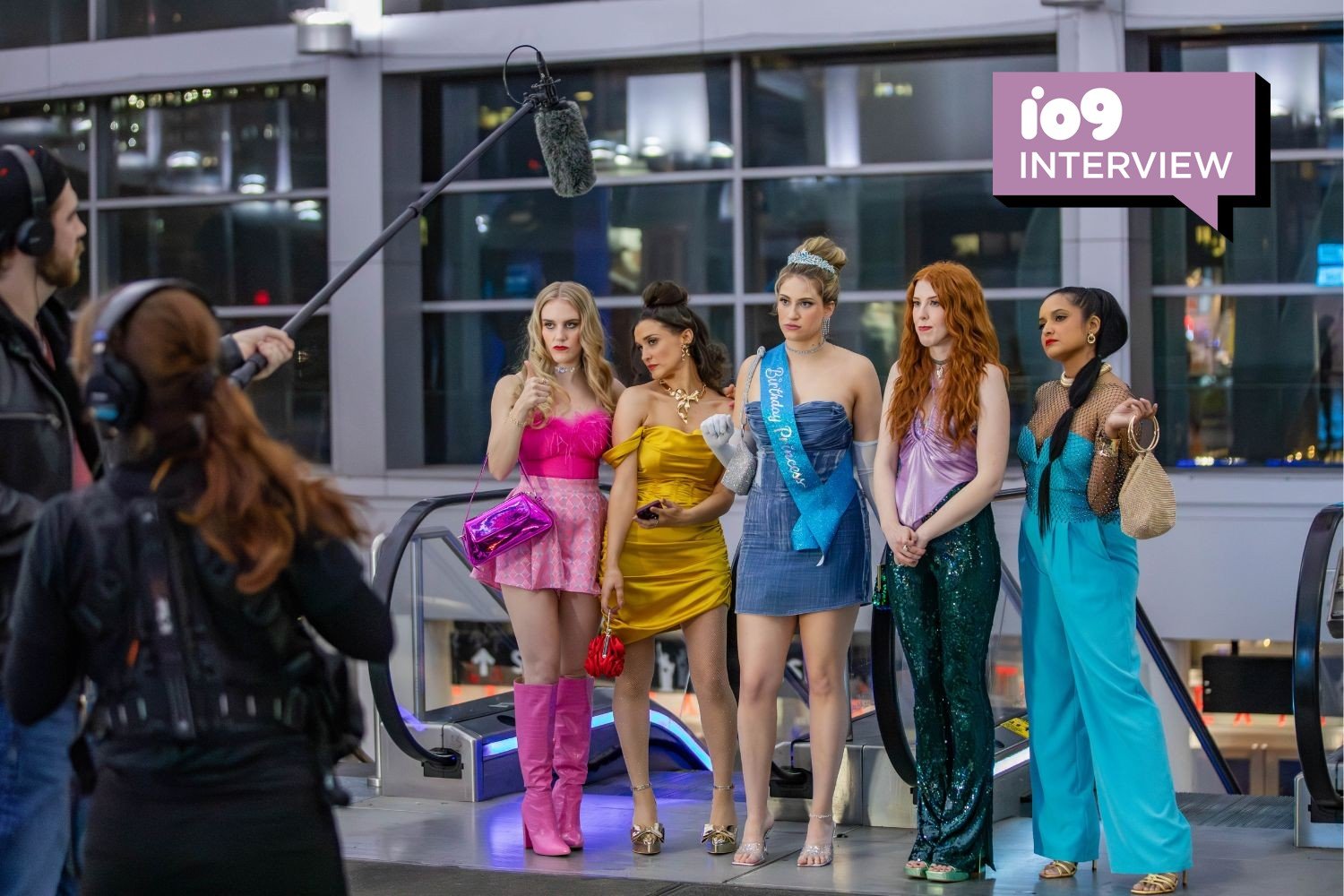For James Cameron, saving the movie business might come down to using AI. Considering he directed cautionary tales The Terminator and Terminator 2: Judgment Day, that’s a leap of faith that has us look at the future with trepidation. But don’t worry; the conversation he had about it on Boz to the Future podcast (via Variety) dives into how he hopes it can be accomplished without cutting jobs drastically.
“In the old days, I would have founded a company to figure it out. I’ve learned maybe that’s not the best way to do it. So I thought, all right, I’ll join the board of a good, competitive company that’s got a good track record,” Cameron explained about joining the board of directors at Stability AI. “The goal was to understand the space, to understand what’s on the minds of the developers. What are they targeting? What’s their development cycle? How much resources you have to throw at it to create a new model that does a purpose-built thing, and my goal was to try to integrate it into a VFX workflow.”
“And it’s not just hypothetical,” he explained referencing how it would impact his work on the Avatar franchise and other hugely ambitious cinema. “If we want to continue to see the kinds of movies that I’ve always loved and that I like to make and that I will go to see—Dune, Dune: Part Two, or one of my films or big effects-heavy, CG-heavy films—we’ve got to figure out how to cut the cost of that in half,” he said.
“Now that’s not about laying off half the staff and at the effects company. That’s about doubling their speed to completion on a given shot, so your cadence is faster and your throughput cycle is faster, and artists get to move on and do other cool things and then other cool things, right? That’s my sort of vision for that.”
Where he does feel AI is a threat is in replacing storytelling as an art form. “I just don’t personally believe that a disembodied mind that’s just regurgitating what other embodied minds have said—about the life that they’ve had, about love, about lying, about fear, about mortality—and just put it all together into a word salad and then regurgitate it…I don’t believe that’s ever going to have something that’s going to move an audience,” he said. “You have to be human to write that. I don’t know anyone that’s even thinking about having AI write a screenplay.”
However, pop culture fans have seen AI being used to fuel content such as fake movie trailers that mislead audiences, and viral AI images that rip off the animation masters at Studio Ghibli. That aspect of the technology makes Cameron “a little bit queasy.”
Filmmakers, he said, should be influenced directly in their vision, not their hardware. “I aspire to be in the style of Ridley Scott, in the style of Stanley Kubrick. That’s my text prompt that runs in my head as a filmmaker. In the style of George Miller: wide lens, low, hauling ass, coming up into a tight close-up,” he said. “Yeah, I want to do that. I know my influences. Everybody knows their influences.”
Want more io9 news? Check out when to expect the latest Marvel, Star Wars, and Star Trek releases, what’s next for the DC Universe on film and TV, and everything you need to know about the future of Doctor Who.



